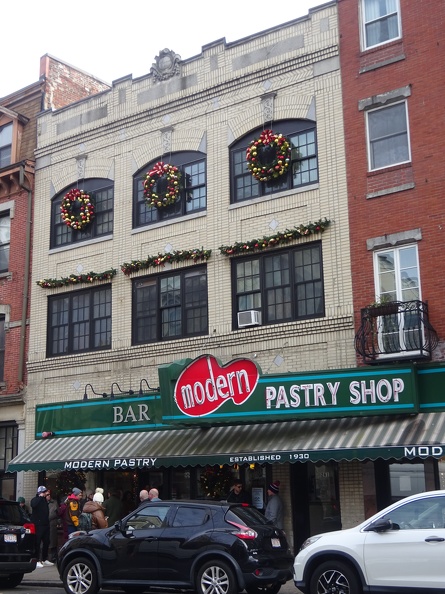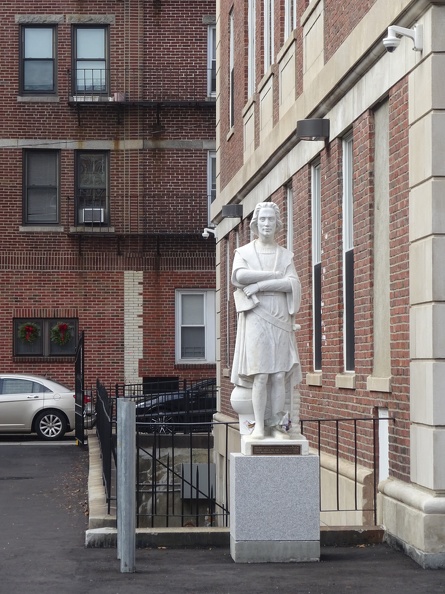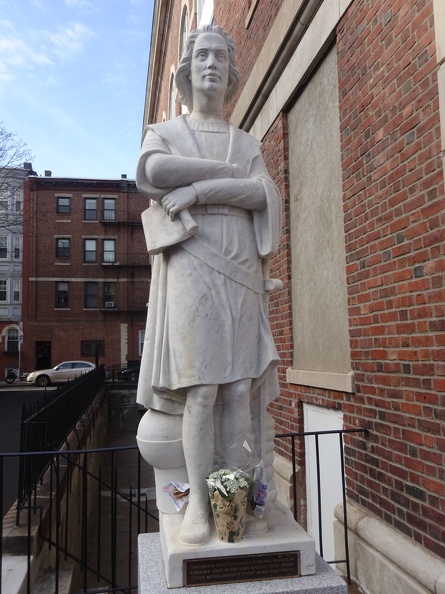“Defying common sense, this ruling outrageously calls California’s data-backed gun safety efforts ‘repugnant.’ What is repugnant is this ruling, which green lights the proliferation of guns in our hospitals, libraries, and children’s playgrounds – spaces which should be safe for all. California will keep fighting to defend our laws and to enshrine a Right to Safety in the Constitution. The lives of our kids depend on it.”
So said California governor Gavin Newsom in response to a court ruling protecting people’s fundamental right to bear arms (source here).
Literally everything about this statement is wrong.
First of all, “common sense” has nothing to do with which laws should exist. Morality is the only factor that determines which laws should exist, and moral right and wrong are determined by logic, not by common sense.
Similarly, it makes no sense to characterize laws as “data-backed,” as Newsom does with regards to California’s rights-violating laws, because data has nothing to do with which laws should exist. Morality is the only factor that determines which laws should exist, and moral right and wrong are determined by logic, not by data. No amount of data can justify laws that violate people’s rights.
As for the fact that the ruling “green lights the proliferation of guns” in various places… so? Possessing guns is a fundamental right; therefore people should be able to do so in any place that they choose. I’m not sure why Newsom considers it to be bad for people to be able to exercise their fundamental rights.
I’m also not sure why Newsom specifically mentions hospitals, libraries, and “children’s playgrounds” as places in which the possession of guns would allegedly be particularly bad. I don’t see anything about these places that makes possession of guns any more problematic than it would be in any other place.
Additionally, I take issue with Newsom’s claim that the aforementioned spaces should be “safe for all.” As I mentioned above, I’m not sure why he singles out these particular types of spaces as ones in which safety is particularly important. But more fundamentally, it is wrong to claim that any spaces ought to be “safe for all.” It is, in fact, impossible to determine what even constitutes a space being “safe” in the first place. In all spaces, in all situations, and at all times, there is always a risk of something bad happening. Risks vary, of course, based on various factors and based on the specific type of bad thing one is trying to avoid. But it is impossible to have a zero percent chance of something bad happening. Safety exists along a continuum, with some spaces and situations being safer than others. Safety does not exist as a binary concept, with a clear dividing line between “safe” and “unsafe.” Any attempt to draw such a line would be arbitrary and therefore not based in logic. Therefore, it doesn’t make sense to speak of anything as being “safe” or “unsafe;” it only makes sense to speak of some things as being safer than others.
Which brings me to my next point: there is no such thing as a right to safety, the thing that Newsom wishes to enshrine in the Constitution. In order for such a right to exist, one would first need to determine the dividing line between what is considered “safe” and what is considered “unsafe.” But as I explained above, there is no logical place to draw such a line, and therefore no logical way to determine what constitutes being “safe,” because safety is not a binary concept, but rather a concept that exists along a continuum. In order for a “right to safety” to exist, there would need to be a certain level of safety that all people have a right to. There would need to be a threshold above which the level of risk cannot go without constituting a violation of people’s rights. But such a level, such a threshold, would necessarily be arbitrary and not based in logic. Therefore, a right to safety does not exist.
Another reason why a right to safety does not exist is that enforcing such a right, as Newsom wishes to do, necessarily requires violating the rights of others. The perfect example of this is Newsom’s policies regarding guns, which were the subject of the allegedly “repugnant” court ruling. Newsom believes that the right of people to own and possess guns should be violated in order to increase safety, something that he characterizes as protecting the supposed right to safety. However, owning and possessing guns is a fundamental right, because people have a fundamental right to purchase any products that they wish with their money, as well as a fundamental right to carry any items that they wish on their person. The existence of a “right to safety” would mean that these fundamental rights would need to be trampled on, further proving that no such thing as a right to safety exists.
By alleging that a right exists which actually doesn’t (safety), Newsom is denying that a right exists which actually does (owning and possessing whichever objects one wishes). Newsom is therefore violating people’s rights with his policies and statements regarding guns. This makes it interesting indeed that Newsom characterizes his actions as “fighting to defend our laws.” In reality, Newsom is not defending anything; he is aggressing against innocent people by violating their rights. This – and not the court ruling – is what is truly repugnant.
Finally, it is ageist of Newsom to conclude his statement with the sentence, “The lives of our kids depend on it.” Newsom seems to be implying that the lives of kids matter more than the lives of adults, because he mentions the former but not the latter. Why do the lives of adults not matter to Newsom?
In conclusion… No, Governor Newsom. The court was right. To call the violation of people’s rights repugnant is not “outrageous;” it is correct.
It is your rights-violating laws that are repugnant, and not the ruling striking them down.
It is your statement, in which you call a ruling protecting people’s rights “repugnant,” that is itself repugnant.
To respect people’s rights is a basic moral obligation. There is no universe in which fulfilling a basic moral obligation could accurately be characterized as “repugnant,” and Newsom should be ashamed of himself for characterizing the court’s ruling this way.
Newsom is literally saying here that it is repugnant not to violate people’s rights.
And it is appalling and horrifying that any person, let alone the governor of a state, would say or think this.
Violating people’s rights is repugnant, not protecting them.





